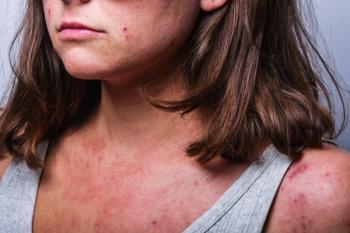
Children in stepfamilies may have more problems at school
Children living with siblings who are from different sets of biological parents may perform worse in class and exhibit more behavior problems compared with children with siblings from the same two parents.
Children living with siblings who are from different sets of biological parents may perform worse in class and exhibit more behavior problems compared with children with siblings from the same two parents.
As reported in the March Social Science Research, investigators studied data from the National Longitudinal Study of Adolescent Health, which comprises more than 11,000 adolescents in grades 7 through 12.
Average GPAs of boys living with half- or stepsiblings were one-quarter of a letter grade lower than those of boys living only with siblings from the same two parents. This difference was much smaller in girls. Behavioral problems such as trouble paying attention, getting homework done, and getting along with teachers and other students were also shared by boys and girls who had half- or stepsiblings.
However, teens who lived with both half- and stepsiblings had less school and behavior problems than did children who lived with only half- or stepsiblings.
Newsletter
Access practical, evidence-based guidance to support better care for our youngest patients. Join our email list for the latest clinical updates.






